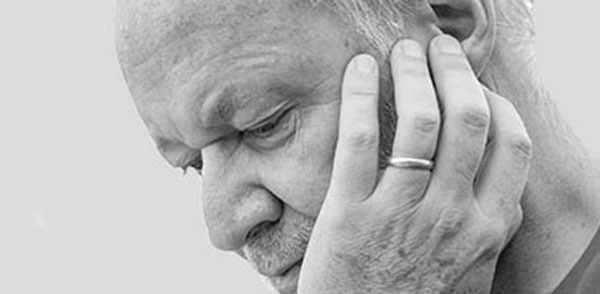What causes TMJ disorders?
Many of TMJ symptoms are a result of poorly aligned teeth and an unbalanced “bad” bite.
In these circumstances, the TMJ and muscles must work harder to bring teeth together in order to function properly.

Many of TMJ symptoms are a result of poorly aligned teeth and an unbalanced “bad” bite.
In these circumstances, the TMJ and muscles must work harder to bring teeth together in order to function properly.

A bad bite can be caused by one or more of the following:
There is also a tendency for excessive subconscious clenching and/or grinding during the day and night while trying to find a balance in the bite. As a result, teeth wear down and fracture, the TMJ joints can slowly degenerate and surrounding muscles become strained and fatigued. Signs of a TMJ disorder can include popping and clicking in the jaw joints, limited opening with pain, and narrow jaws and crowded teeth.
There are many factors which can cause or contribute to TMJ disorders. They include trauma – any blow to the head or chin, whiplash injury, poor posture, abnormal bite (malocclusion), arthritis and hereditary growth and development factors which contribute to skeletal malformation. Stress at work or home also has an impact on existing TMJ disorders. Early signs of a TMJ disorder usually include clicking or popping noises. More severe displacements can be very painful. If left untreated, permanent change can result.
Often proper treatment can alleviate months to years of pain and suffering. Treatments vary considerably with each individual patient and includes one or several of the following options:
To learn more about treatment for TMJ Disorders, schedule an appointment at CityZEN Dental. Book a consultation online, or call the office today.